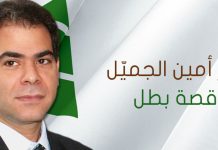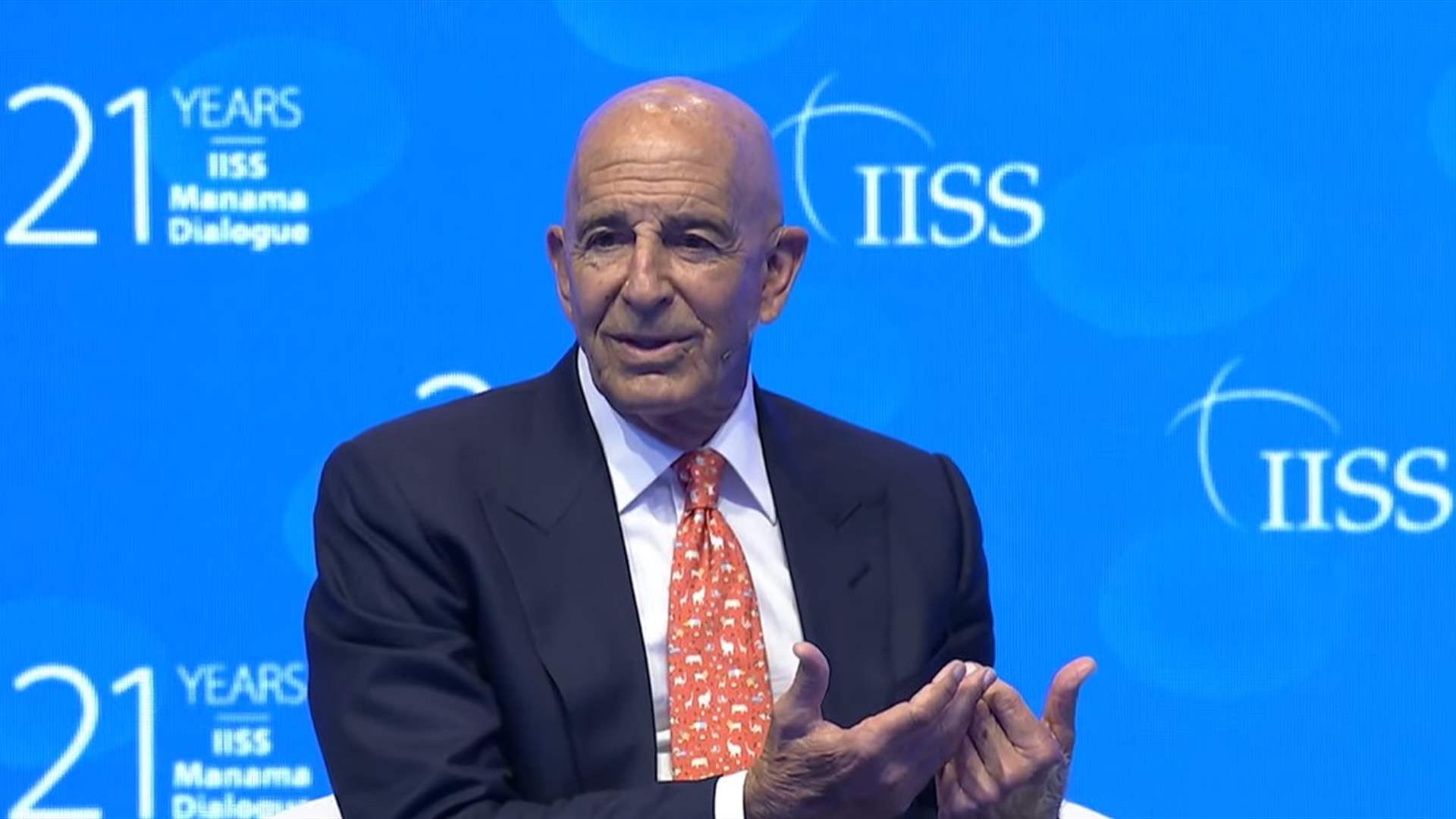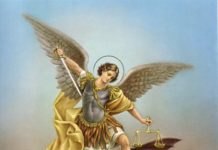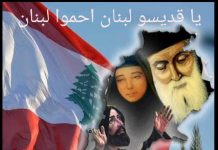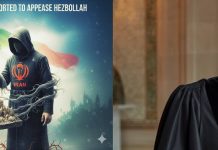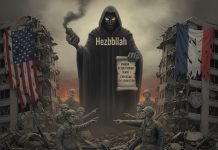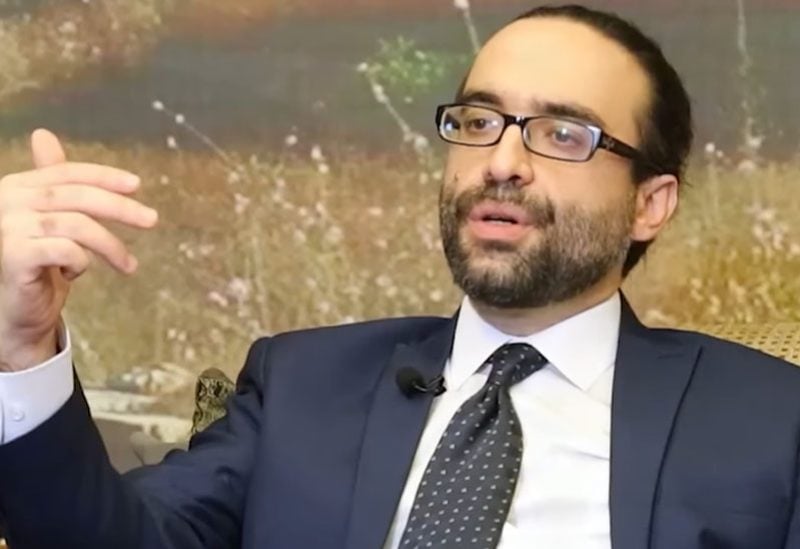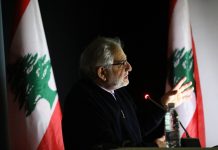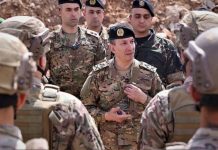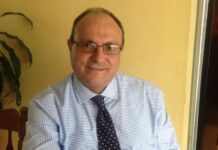On This Land, There Is That Which Deserves Life — Or Quite the Opposite, That Which Perpetuates Misery
Dr. Ali Khalifa/Nidaa Al-Watan/July 19/ 2025
(Free translated from Arabic by Elias Bejjani)
على هذه الأرض ما يستحقّ الحياة… أو على العكس، ما يستبقي الشقاء
د. علي خليفة/نداء الوطن/19 تموز/2025
لم ينتهِ نظام البعث البائد في سوريا بعد انقضاء الولاية الدستورية للشبل ابن أبيه الأسد، ولا نتيجة انقلاب مزاج ما يفوق الـ 99 % من الذين كانوا يهبونه الروح والدم، على حدّ الزعم، وأصواتهم في صناديق الاقتراع… ولم يستعجل أبو محمد الجولاني للحدّ من إحفاء شاربيه وإعفاء لحيته لارتداء بزّة الحداثة وتقلُّد مقاليد سلطة لم تعرف يومًا التداول بالطرق السلمية. بالسياسة، دقّت ساعة سقوط ممرّ الموت واقتصاد الكبتاغون من طهران عبر دمشق إلى دولة “حزب الله” القائمة على جثة الدولة اللبنانية وأدوارها في الدفاع والأمن والاقتصاد والمجتمع.
واستجاب القدر السياسي أخيرًا لإرادة الشعب السوري بالحياة ولإرادة الشعب اللبناني بالحرية.
لكن الديكتاتوريات لا ترحل دون ندوب عميقة وجروح مثخنة. يدٌ غليظة قد تلزم بعد ديكتاتورية بائدة. لا داعيَ للمفاضلة ولا للوقوف بوجه تشكّل مشهد جديد في المنطقة. والقراءة السياسية للأحداث تفرض نفسها على سواها. ومسار الدولة الوطنية في سوريا، على الرغم من تشظياته، أفضل من التقسيم الذي قد يعيدنا أمام مشروع النفوذ الإيراني، إلى المربّع الأول ومحاولة استعادة وظيفة الممرّ.
الديكتاتورية لا تُنشئ دولةً في المجتمع، بل تقوم على العنف وتثبّت سلطتها على الغلبة. بالبراميل المتفجرة قتل بشار الأسد شعبه… وكان “حزب الله” شريكه بالجريمة، كما في لبنان كذلك في سوريا وبالعكس… وما تبقى من حشوات البراميل المستقدمة إلى مرفأ بيروت، انفجر بسكان العاصمة وأحيائها…لطالما انتقم النظام السوري البائد من السنّة، وأشاع زورًا أنّه ضامن للأقليات العلوية والدرزية والمرشدية والمسيحية، في حين اغتال “حزب الله” في لبنان قيادات السنّة واحتلّ أملاكاً للمسيحيين وأوهم الشيعة أنّه منقذهم من الحرمان والتهميش وأنّه مُحْيي أمرهم وذكرهم وهو يؤبّد نكباتهم ويرميهم مرارًا في التهلكة.
على هذه الأرض، جبال من الجماجم وأنهار من الدماء وأحقاد ممتدّة كالجذور في تربة الخوف والقلق والاضطهاد. سنحتاج لطريق آلام قبل أن نشهد لقيامة الدولة الحديثة في مجتمعاتنا، ونتصالح مع فكرتها، أفرادًا وجماعات. فتكون للأفراد حقوق المواطنة وتكون للجماعات ضمانات تصون ثقافاتها. ولا يجدر أن تقوم الأنظمة السياسية والاجتماعية على الدين، بحيث تُنتقص العدالة وتغيب المساواة في الحقوق… الدين خيار فردي وغير مُلزم، ولا يحمل أي مشروع سياسي أو اجتماعي بديل عن مشروع الدولة. والعقائد الإيمانية تصورات وتمثلات، لا حقائق مطلقة.
بناءً عليه، نقول إن على هذه الأرض ما يستحقّ الحياة… أو على العكس، ما يستبقي الشقاء.
On This Land, There Is That Which Deserves Life — Or Quite the Opposite, That Which Perpetuates Misery
Dr. Ali Khalifa/Nidaa Al-Watan/July 19/ 2025
(Free translated from Arabic by Elias Bejjani)
The Baathist regime in Syria did not fall with the expiration of the constitutional term of the cub son of his father, Bashar al-Assad. Nor did it collapse as a result of a change of heart among the supposed 99% who once pledged him their “soul and blood” and filled the ballot boxes with their voices. And Abu Mohammad al-Julani has shown no haste in trimming his mustache or shaving his beard in order to don the suit of modernity and assume control of a power that has never once known peaceful democratic transition.
Politically, however, the hour has struck for the collapse of the death corridor and the captagon economy stretching from Tehran, through Damascus, to the so-called “Hezbollah state,” erected atop the corpse of the Lebanese Republic—stripped of its defense, security, economy, and societal role. The winds of political fate have at last responded to the Syrian people’s yearning for life and to the Lebanese people’s yearning for freedom.
Yet dictatorships do not vanish without leaving behind deep scars and open wounds. A heavy hand may still be necessary even after a fallen dictatorship. There’s no need to split hairs or oppose the emergence of a new regional order. Political analysis must take precedence over sentiment. Despite all the fragmentation, a path toward a cohesive national state in Syria is still preferable to partition, which would only drag us back to square one: another confrontation with Iranian expansionism and renewed attempts to restore the “corridor” role.
Dictatorship never builds a state for its people—it is founded on violence and solidified by domination. With barrel bombs, Bashar al-Assad slaughtered his own people. Hezbollah was complicit in the crime, in Syria as in Lebanon, and vice versa. What remained of those deadly barrels—imported into Beirut’s port—ultimately exploded among the city’s residents and neighborhoods.
The defunct Syrian regime always took revenge on the Sunnis, while falsely claiming to protect Alawite, Druze, Ismaili, and Christian minorities. In Lebanon, Hezbollah assassinated Sunni leaders, seized Christian properties, and convinced the Shia that it was their savior from deprivation and marginalization—when in fact, it perpetuates their tragedies and repeatedly hurls them into ruin.
On this land, there are mountains of skulls, rivers of blood, and hatreds that run deep—rooted in soil watered by fear, anxiety, and oppression.
Before witnessing the resurrection of a modern state in our societies—and before reconciling with that idea—we will have to endure a path of suffering. Only then can individuals claim the full rights of citizenship, and communities receive the guarantees that protect their cultures. Political and social systems must not be built on religion, for that undermines justice and negates equality. Religion is a personal choice—not binding, and never a substitute for the state. Faith-based beliefs are interpretations and representations, not absolute truths.
Based on that, we may say: On this land, there is indeed that which deserves life… or, quite the opposite, that which ensures the persistence of misery.

